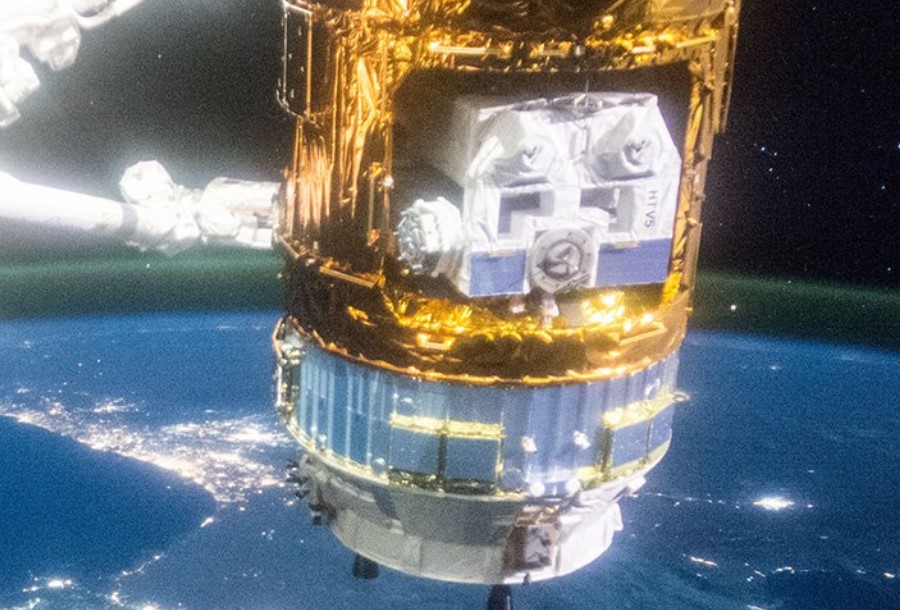The recent prequalification of the R21/Matrix-M malaria vaccine by the World Health Organization (WHO) has stirred hopes and speculation about its potential impact on the fight against malaria worldwide.
This significant move, announced by the WHO, marks the inclusion of the R21/Matrix-M vaccine, developed by Oxford University and manufactured by the Serum Institute of India, into the esteemed list of prequalified vaccines.
Earlier this year, WHO recommended the use of the R21 vaccine specifically for the prevention of malaria in children. This endorsement followed extensive guidance from the WHO Strategic Advisory Group of Experts (SAGE) on Immunization and the Malaria Policy Advisory Group.
Notably, the R21 vaccine now stands as the second malaria vaccine to receive the WHO’s stamp of prequalification, following the footsteps of the RTS,S/AS01 vaccine, which gained this status in July 2022. Both vaccines have demonstrated their safety and efficacy through comprehensive clinical trials, offering promising results in preventing malaria among children.
Malaria Kills an estimated 608,000 people ; Is R21/Matrix-M the answer?
Malaria, a mosquito-borne disease, inflicts a heavy toll on children in the African Region, where nearly half a million young lives succumb to its impact annually. Globally, the burden of malaria remains substantial, with an estimated 249 million cases and 608,000 deaths recorded across 85 countries in 2022.
The WHO’s nod of prequalification for the R21/Matrix-M vaccine signifies a pivotal step toward enhancing accessibility. This accreditation serves as a gateway for expanded vaccine availability, crucial for UNICEF’s procurement and funding support through Gavi, the Vaccine Alliance, aimed at facilitating deployment.
Dr. Kate O’Brien, Director of WHO’s Department of Immunization, Vaccines, and Biologicals, underscored the significance of this milestone in global health. She expressed, “Today marks a huge stride in global health as we welcome the prequalification of R21/Matrix-M, the second malaria vaccine recommended for children in malaria-endemic areas. This achievement underscores our relentless commitment to wiping out malaria, which remains a formidable foe causing child suffering and death.”
Rogério Gaspar, director of WHO’s Department of Regulation and Prequalification, emphasized the importance of WHO’s meticulous prequalification process in ensuring the safety and effectiveness of vaccines used in global immunization programs.
This recent development not only embodies a ray of hope in the fight against malaria but also prompts contemplation on the potential transformative effect of the R21/Matrix-M vaccine in reshaping the course of this devastating disease.
Malaria, a mosquito-borne disease, places a particularly high burden on children in the African region, where nearly half a million children die from the disease each year. In 2022, there were an estimated 249 million malaria cases in the world, and 6,08,000 malaria deaths across 85 countries.
As part of the prequalification process, WHO applies international standards to comprehensively evaluate and determine whether vaccines are safe, effective, and manufactured to international standards. WHO also ensures the continued safety and efficacy of prequalified vaccines through, for example, regular re-evaluation, site inspection, and targeted testing. Prequalification supports the specific needs of national immunisation programmes with regards to vaccine characteristics such as potency, thermostability, presentation, labelling, and shipping conditions.






